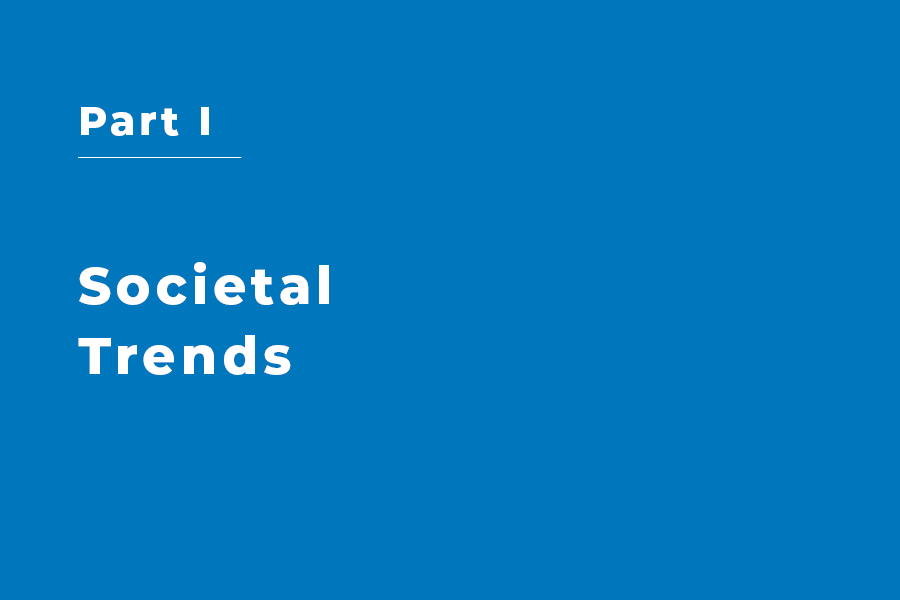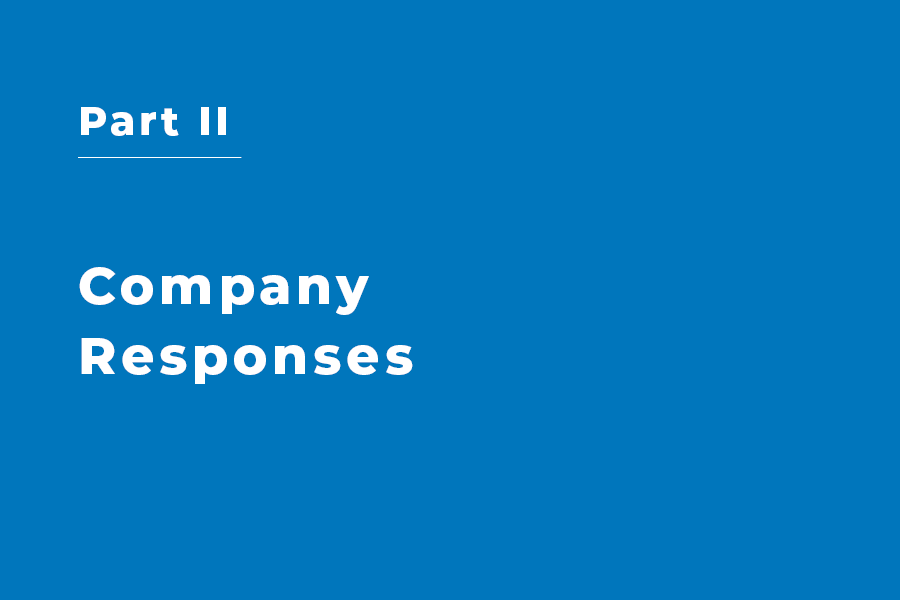Part III. Strategies for becoming a best in class sustainability strategist for the new decade
Based on the dynamic changes that are happening within and outside companies, expert sustainability professionals have identified nine recommendations for individuals who want to be a sustainability superstar in the ‘20s.
Know your strengths.
Emphasize the skills you offer that the company needs now. Systems thinking. Collaboration. Communication skills. Foresight. Pattern recognition. If you feel that you are coming up short in any of these categories, find a fast track refresher course.
Hone your listening skills.
The best sustainability strategists have always functioned as the “radar” for their organizations. They bring insights from stakeholders who have no voice in company decision making. With companies awakening to the importance of focusing on all stakeholders, the importance of this ability to pick up signals from inside and outside the organization will be amplified.
Read analyst reports on your company and study industry trends.
Now that investors expect to dive more deeply into how a company is integrating material environmental, social and governance issues into the business, sustainability strategists are playing a key role in investor conversations. In order to serve as a truly valuable resource to your investor relations team, you need to be well versed in what analysts are saying about your company and the trends that will affect industry.
Become multilingual.
Learning the language spoken in various departments (e.g. finance, marketing, R&D, technology) that are embedding sustainability will be essential if you want to be an effective partner.
Embrace the role of innovator.
Product, service and practice innovation was once the province of the R&D or innovation team or quasi-rogue “skunk works.” No longer. In this new world, to deliver value you must get into the innovation game by developing a design thinking/discovery mindset.
Dive into digital.
Trillions of dollars are being invested every year by companies aiming for digital transformations. The implications of these investments are just beginning to emerge. Making sure that changes are ethical and equitable will require more inclusive conversations. You will need to be sufficiently comfortable with the technology to spark these conversations or at least take an active and informed role in the discussions. Be prepared to ask fundamental questions, such as: What data are we collecting and how are we using it? What are the privacy implications? How may public “techlash” affect the company’s reputation?
Ask the tough questions.
Beyond questions related to digitalization, there are other very difficult questions to ask about corporate practices: Tax avoidance. Share buybacks. Diversity and inclusion efforts. Compensation. Lobbying. All of these activities have the potential of undermining your work in sustainability and potentially lower public trust in your company. Bringing controversial subjects to the fore is a critical first step in addressing them.
Strengthen your capacity to manage complexity and ambiguity.
There is a lot of talk about the need to lead in an increasingly volatile, uncertain, complex and ambiguous ecosystem. Less often do we reflect on what capacities and skills are required to do so – and how these capacities and skills are developed. Make sure you have what it takes to lead in disruptive times.
Stay true to yourself and open to others.
Sustainability jobs are very demanding and unpredictable. It’s easy to get lost in the role. That is why taking time for reflection can help you build self-awareness and get in touch with your own sense of personal purpose. Why do you do the work you do? How does the work align with the values you hold most dear? These moments of reflection will energize you for the work ahead and keep you on track. It is impossible to traverse these white waters without this inner knowledge and strength.






